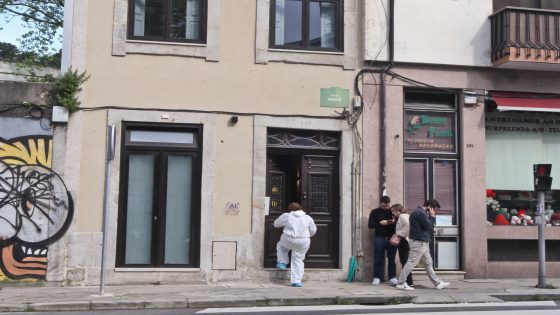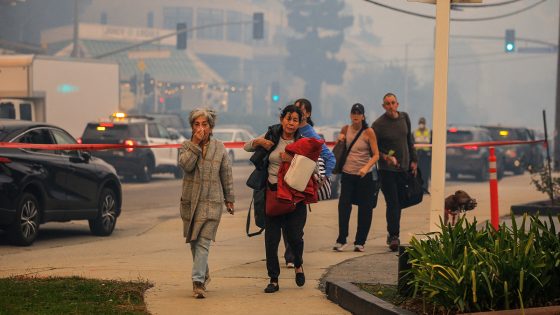On February 26, 2025, Hasto Kristiyanto, the Secretary-General of PDIP, spoke out for the first time since his detention by the KPK regarding the Harun Masiku case. He assured the public that he is in good spirits and remains committed to fighting for justice in Indonesia. But what does this mean for the political landscape?
- Hasto Kristiyanto detained by KPK.
- Claims good condition while in custody.
- Received well by fellow inmates.
- Lawyer filed for detention suspension.
- Related to bribery and obstruction case.
- Emphasizes struggle for justice and truth.
Hasto Kristiyanto’s Detention: What It Means for Indonesia’s Political Future
Hasto Kristiyanto’s recent detention raises questions about the future of Indonesia’s political scene. How will this impact the PDIP and its supporters? Hasto expressed that he feels strong and supported by fellow detainees, which could influence public perception of his party.
The Context of Hasto’s Detention and Its Implications
Hasto’s detention is linked to allegations of bribery and obstruction in the investigation of Harun Masiku, a fugitive. This situation is critical as it reflects broader issues of corruption in Indonesian politics. Here are some key points to consider:
- Hasto claims he is in good health despite his detention.
- His legal team is actively seeking a suspension of his detention.
- The case has garnered significant media attention, both locally and internationally.
- Hasto’s comments about unity among detainees may affect public opinion.
Hasto’s Resilience: A Message of Hope Amidst Challenges
During his time in detention, Hasto emphasized the importance of perseverance and justice. He stated, “The spirit of struggle remains strong,” indicating that he views this challenge as part of a larger fight for democracy in Indonesia. This resilience may resonate with supporters and could bolster his party’s image.
Legal Developments: What’s Next for Hasto Kristiyanto?
Hasto’s lawyer has already submitted a request for a suspension of his detention. This legal maneuver is crucial as it could determine Hasto’s political future and the PDIP’s standing. The outcome of this case may set a precedent for how similar cases are handled in the future.
In conclusion, Hasto Kristiyanto’s situation is more than just a personal challenge; it reflects the ongoing struggle against corruption in Indonesia. As events unfold, the implications for the PDIP and the broader political landscape will be closely watched, both domestically and internationally.

































